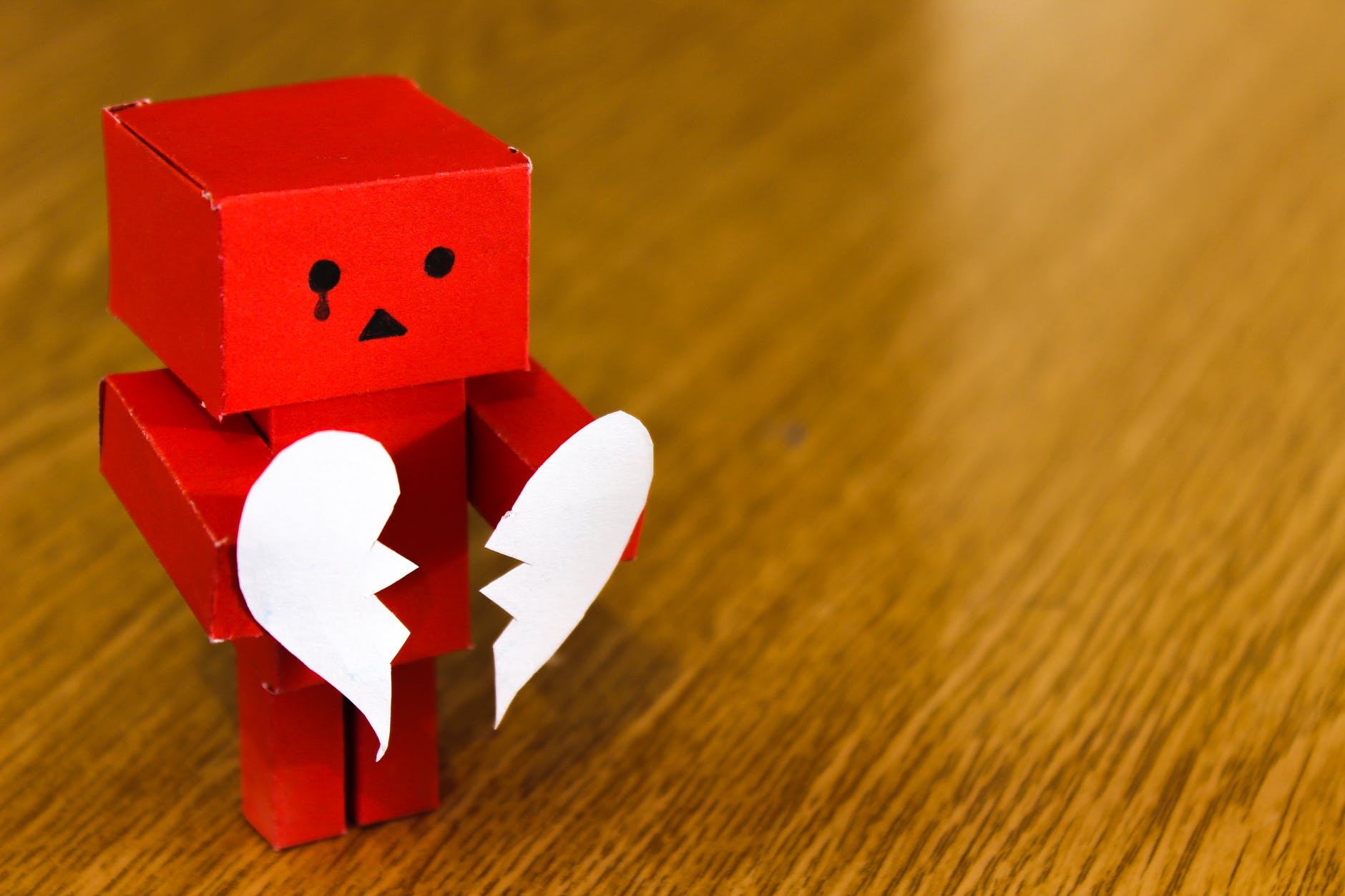Divorce & Depression
January 10
It is no secret that divorce and depression often go hand in hand. If you are struggling with the emotional loss and grief of divorce, you may become depressed. Depression after divorce is very common, even among those who ended the relationship willingly. This difficult time of adjustment won’t last forever. Here is what you need to know about divorce and depression and how to make it through to the other side.

Source: pexels.com
Depression after divorce is not the same as clinical depression. They are related because it is a situational or an adjustment period. This is usually called situational disorder or adjustment disorder.
Although depression after divorce is not clinical, it still has many of the same features. It can be difficult to distinguish whether symptoms are part of clinical or situational depression. If you have never had depression before, your doctor will likely treat it as an adjustment disorder. Only if symptoms do not improve over time would they consider a clinical depression diagnosis.
Divorce Depression Symptoms
The symptoms of depression after divorce are very similar to symptoms of clinical depression. The characteristics of situational depression include:
- Lack of appetite
- Loss of interest in activities and hobbies
- Insomnia or sleeping too much
- Irritability
- Fatigue
- Spells of uncontrollable crying
- Problems concentrating or focusing
- Feelings of hopelessness, worthlessness, and pessimism
- Suicidal thoughts or attempts
In addition to these classic symptoms of depression, those with adjustment disorder or depression due to divorce are also likely to exhibit certain behaviors. These may include ignoring responsibilities, avoiding social engagements, a drop-off in work performance, or fighting. If you notice that you have begun to completely cut yourself off from everyone around you and stay indoors most of the time, it could be a sign that you have depression.
